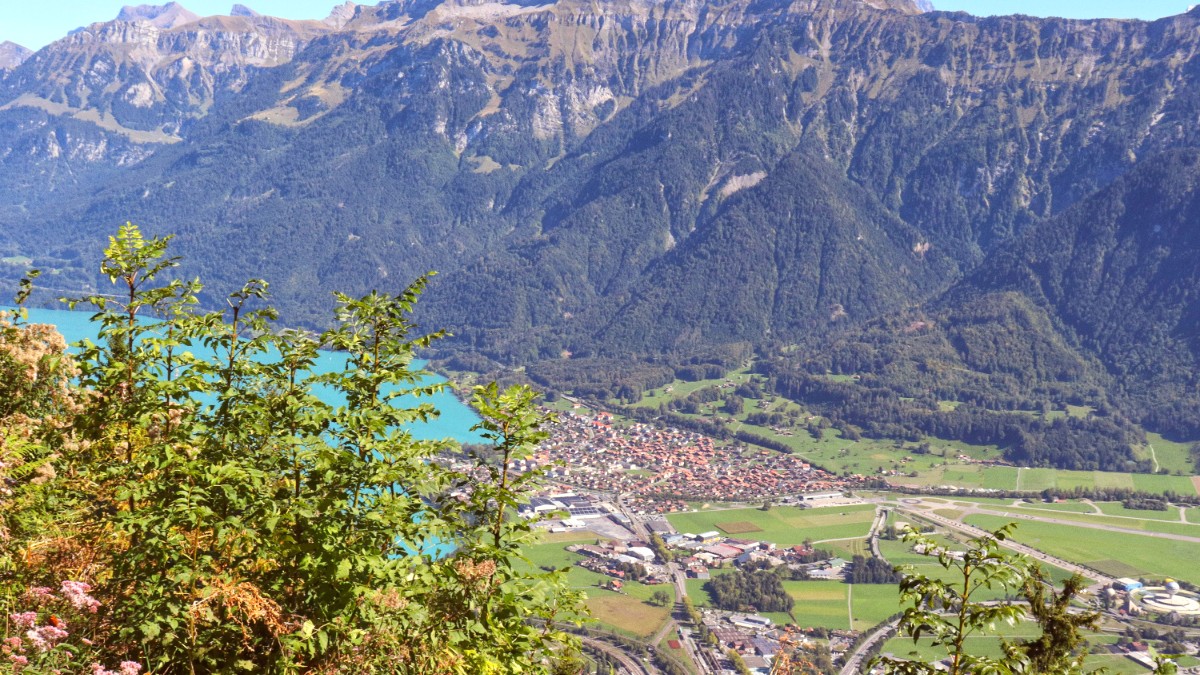
Central Switzerland And Berner Oberland, Switzerland
Lightweight, breathable clothing works well. Bring a swimsuit for lake activities or hotel pools.
A light hat and gloves are useful, notably for cooler mornings, evenings, or when visiting mountain areas.
Sturdy, waterproof hiking boots with good ankle support are needed for mountain trails. Select boots that are well broken-in before your trip.
Comfortable walking shoes or sneakers are handy for exploring the town, short walks, and easier trails.
Waterproof, insulated winter boots with good grip are needed for snowy or icy conditions.
Always carry original documents. Digital copies stored securely on your phone or in cloud storage are a wise backup.
Switzerland uses 230V at 50Hz. Most modern electronics are dual voltage, but check your devices.
For capturing Interlaken's stunning landscapes, a camera with a wide-angle lens is useful. A telephoto lens captures details of distant mountain peaks or wildlife. Bring extra batteries, as cold temperatures at high altitudes shorten battery life.
Use cloud storage services or an external hard drive to back up photos and important documents regularly.
Consider a VPN (like NordVPN or ExpressVPN) for secure internet use on public Wi-Fi networks.
Use strong passwords and two-factor authentication for all devices and online accounts.
A well-stocked personal health kit gives you peace of mind and handles minor issues quickly.
Bring small quantities of cold/flu remedies, throat lozenges, and digestive aids. Having your preferred brands or a supply for immediate use is simple.
Beyond sturdy boots, trekking poles for stability on steep descents. A small daypack for water, snacks, layers, and rain gear. A headlamp for early starts or late finishes.
If you own your equipment, bringing it might be cost-effective for longer trips. This includes skis/snowboard, boots, helmet, goggles, and specific winter clothing layers.
Swimwear and a quick-dry towel are useful for lake activities. Specialized gear for adventure sports like paragliding or canyoning is always provided by tour operators.
These small additions often make a big difference in comfort and convenience during your trip.
The value of layering clothing and bringing sturdy, comfortable footwear cannot be overstated for this region.
Reduces plastic waste, saves money.
For groceries and souvenirs, avoids plastic bags.
For picnics and takeaways.
Avoids single-use plastics.
When packing, organize your items using packing cubes. This keeps your luggage tidy and finding things simple.
Lay out everything you think you need, then put half of it back. Most travelers overpack.